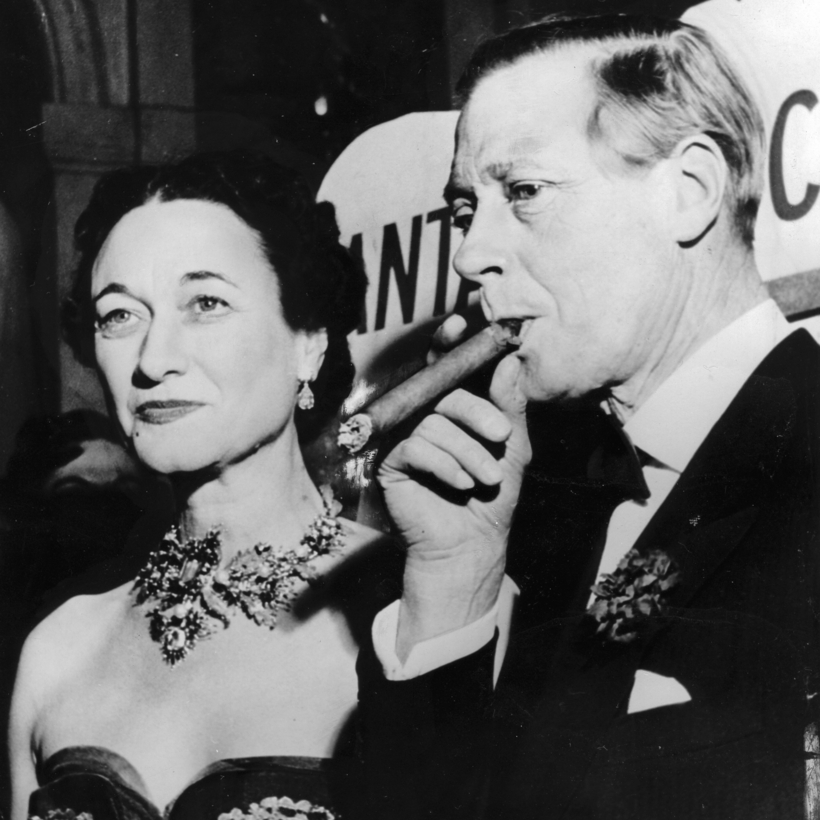The saga of late 1936, when Edward VIII became the only British king to voluntarily abdicate the throne in order to marry his mistress, Wallis Simpson, has become an international legend. The sentimental ascribe his motivations to love; the cynical, to madness or sexual obsession.
It’s also a historical event that most everyone already knows about. Numerous leading historians, including Anne Sebba, Philip Ziegler, and Michael Bloch, have written biographies dealing either with Simpson or the short-lived reign of Edward VIII, and they have offered insights of startling originality into the circumstances and motivations of the abdication. But no single volume deals authoritatively with the crisis. A new approach to the abdication therefore seemed both wise and timely, even before the departure of both the Duke and Duchess of Sussex from their royal responsibilities.

